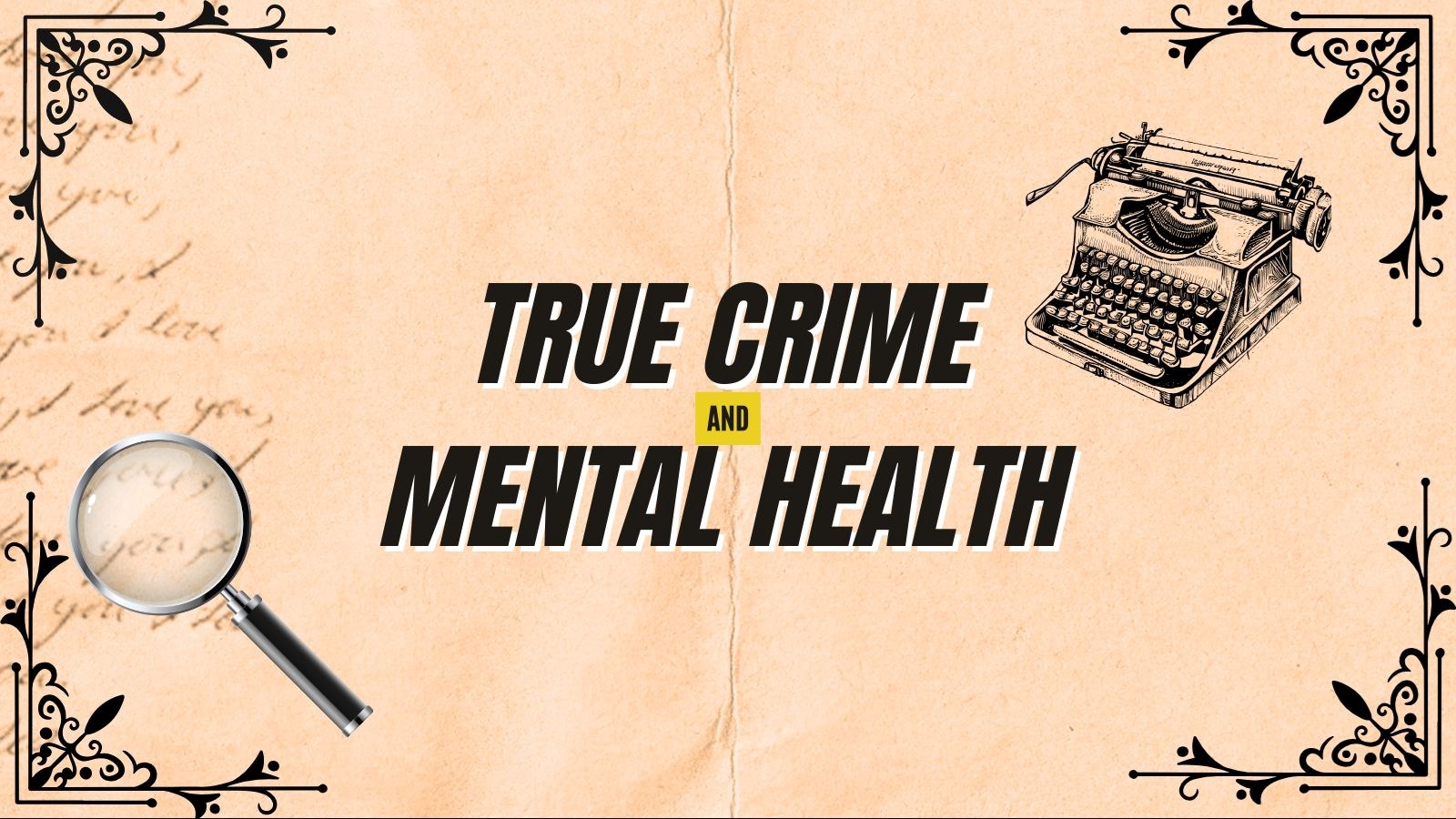Featured Story: True Crime and Mental Health


Written by Journalism Staff Reporter Mia Rooney
True Crime is something 50% of Americans indulge themselves in. In fact, according to Acenda, one in three Americans consume true crime weekly, primarily women. With TV shows like The Jeffrey Dahmer Story blowing up on social media, I really start to get concerned. Why do we create a thriller for entertainment about a REAL serial killer who had REAL victims? When the show had gotten extremely popular on TikTok, you even saw people saying the show wasn’t “gorey” enough for them. And I'm not ridiculing anyone for consuming true crime because I personally watch it myself, however, when is the boundary drawn for graphic content?
Consuming too much true crime can cause paranoia for the watchers. Suspecting anyone around them of being a murderer. Which can be valid, we should always be cautious in public spaces because you really don’t know. However, constantly going outside in fear and continuously looking around your shoulder can really affect your mental health. Even if you live in a city with a generally low to zero crime rate, consumers can regularly feel anxious and paranoid. Viewing lots of graphic content can affect your sleep cycle and cause stress.
We also must look at the effects on families affected by crimes. These are real cases. Constantly exposing yourself to true crime can desensitize yourself. What once could’ve been seen as a horrifically brutal murder is now a “Yikes. I’ve seen worse though.” Families who have lost their loved one to a crime don’t want to see people fetishizing their killer or sympathizing with them. Making sure the victim is properly honored is so important.
True Crime can ABSOLUTELY be important for unsolved cases to be exposed and hopefully solved too. YouTubers like Kendall Rae have millions of subscribers and use their platforms to spread awareness about unsolved cases. Donating money to organizations like The National Center for Missing & Exploited Children to help find missing people and get their abusers convicted, even going above and beyond to get permission from family members before covering a case. This is how cases should be handled, with care and respect.
So how can you as a True Crime consumer take care of yourself and others? Take breaks! If you find yourself watching multiple true crime videos daily, make sure you take time away and consume different media. It’s important to prioritize mental wellbeing and to make sure you’re properly engaging when watching True Crime.
Spotlight image created in Canva by Mia Rooney
